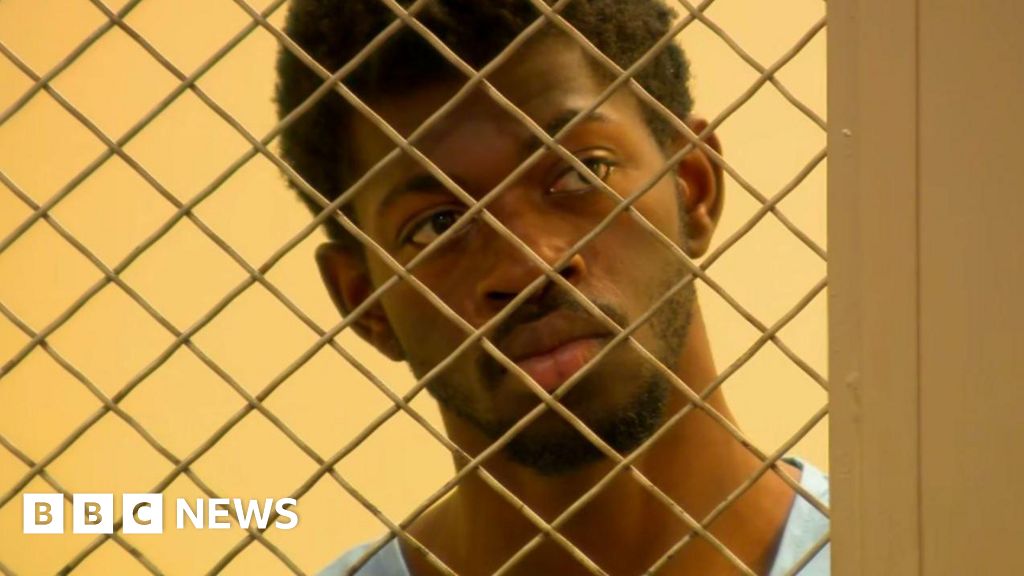The courtroom in London, Ontario was packed as Justice Maria Carroccia delivered her verdict, acquitting Michael McLeod, Dillon Dube, Cal Foote, Alex Formenton, and Carter Hart of all charges related to the alleged sexual assault of a woman referred to as EM. The case drew nationwide attention and raised pertinent questions about the treatment of such allegations in Canada, particularly within the context of the sports community.
The incident occurred in 2018 during a Hockey Canada gala, where it was alleged that the players assaulted EM in a hotel room after she initially had consensual sex with McLeod. The judge stated that she found EM's testimony to be "not credible or reliable," leading to the conclusion that the Crown had failed to meet its burden of proof.
During the lengthy trial that spanned eight weeks, the crown argued that the woman's account was consistent and credible, regardless of her intoxicated state at the time. However, defense lawyers contested this narrative, asserting that she had consented to the sexual activities involved. They pointed to inconsistencies in her testimony about the events of that night and presented testimonies from other attendees who claimed that she was adequately involved and vocal about her desires.
Statements from the players’ lawyers reflected relief and emphasized the impact of public perception surrounding the case. David Humphrey, representing McLeod, noted the profound damage done to his client’s reputation throughout the process. In contrast, Karen Bellehumeur, representing EM, expressed disappointment with the ruling, highlighting the challenges faced by survivors of sexual assault when their credibility is questioned.
The ruling sparked protests outside the courthouse, with advocates arguing that such outcomes could shape the future of sexual assault cases in Canada. Many individuals across the nation reacted with support for EM, with the Crown noting it had received numerous messages expressing solidarity.
The implications of this case resonate far beyond the courtroom, with many questioning how consent is understood and processed in sexual misconduct cases—especially in the sporting arena. The incident illustrates the fragile interplay between accountability and the complexities of personal narratives, calling into question the existing structures around consent and victim support in Canada.
Justice Carroccia’s ruling and the circumstances surrounding the case have opened a critical dialogue regarding how allegations of sexual violence are addressed by legal systems and society at large. As the case possibly awaits a review by the Crown, its consequences could extend well into future legislative discussions on sexual assault protocols and survivor rights.





















